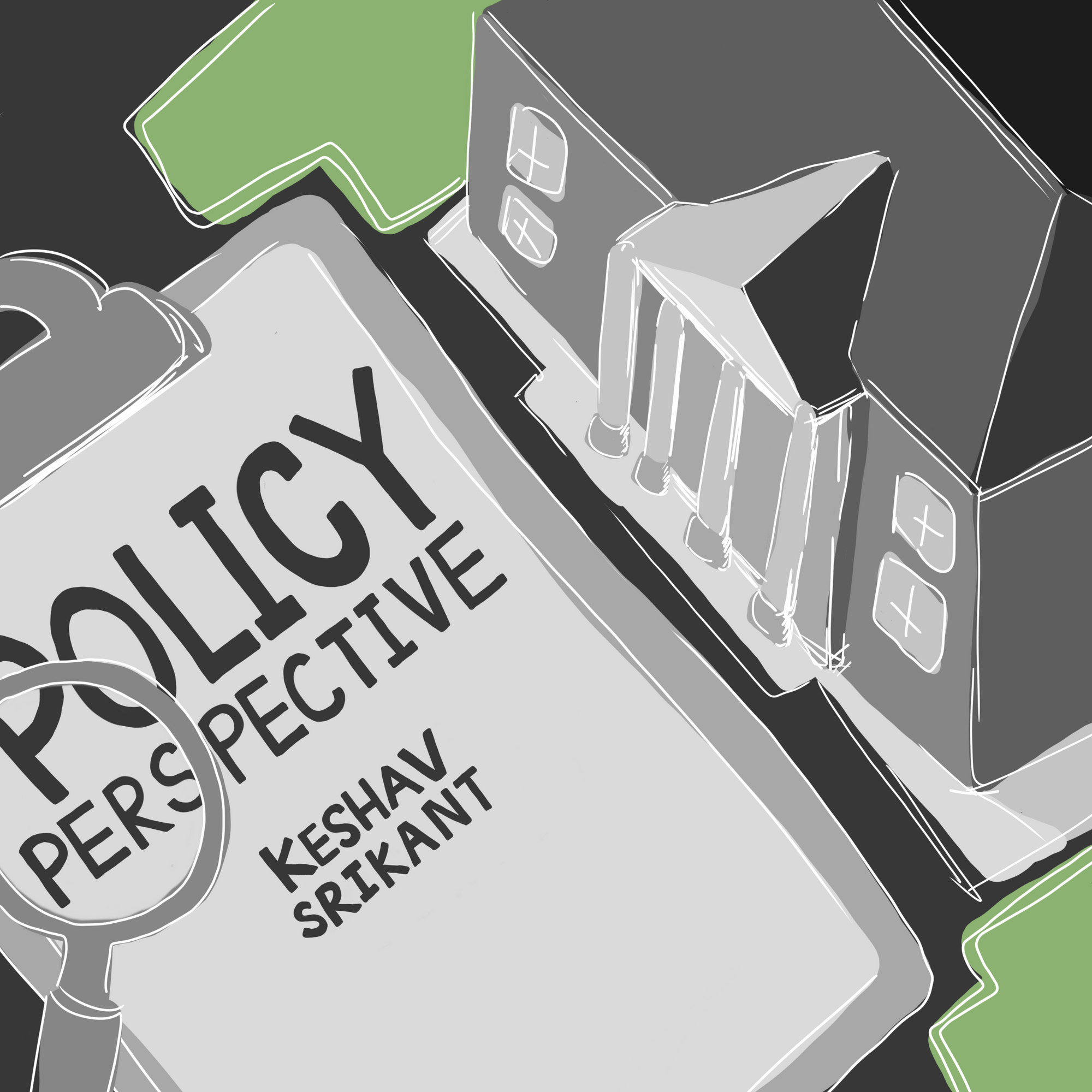On Saturday, the National Oceanic and Atmospheric Administration declared that September 2023 saw the hottest global temperatures for any September ever on record. This shift was partly due to El Niño, but also largely due to climate change. This heat negatively affected people across the world. Although July and August were not as hot statistically, record heat also caused many deaths and hospitalizations in the U.S. This is just the tip of the iceberg when it comes to the effect of human-caused climate change: scientists have found that climate change is responsible for everything from more frequent and severe droughts, greater risk of devastating wildfires such as the ones across Canada this summer, to increased flooding and more outbreaks of deadly diseases such as Ebola.
Though anthropogenic climate change is devastating, addressing it can be tricky because of the very fact that it is human-caused. Climate change is largely caused by our burning of fossil fuels, which we use to power stoves, fuel cars and planes, keep our lights on and more. In fact, fossil fuels are used to meet 80% of our energy needs. Therefore, shifting away from fossil fuels would be incredibly expensive in the short-term, likely costing trillions of dollars.
Governments should navigate this tension by focusing on bringing competitive renewable energy alternatives to the energy market. Subsidies are incredibly effective in this; for example, Germany’s Renewable Energy Sources Act was incredibly effective in reducing the price of solar panels. A research paper that studied the efficacy of European programs to subsidize renewable energy also found that they were effective in both the short-term and long-term at promoting renewable energy. As renewable energy becomes a cheaper and more accessible alternative, fossil fuel demand will simultaneously decrease, with less need for government policies such as a carbon tax.
This is important because while there is a strong economic case for a carbon tax, which has low costs and many benefits, the approach is unpopular with the public. ExxonMobil, a major polluter, pretends to support a carbon tax as a public relations ploy because it knows the political will for a carbon tax doesn’t exist. Carbon taxes are far less popular than clean energy subsidies, and when Canadian Prime Minister Justin Trudeau forced a carbon tax through Parliament, he faced significant backlash. In contrast, the 2022 Inflation Reduction Act, which subsidizes clean energy, is both popular and effective at reducing carbon emissions.
This is not to say that the government should scrap all attempts to directly reduce the quantity of fossil fuels burned. For example, the Biden administration’s effort to protect lands and waterways from oil drilling and development has been popular among voters. However, any climate policy that is being evaluated should be considered not only economically, but politically as well.






